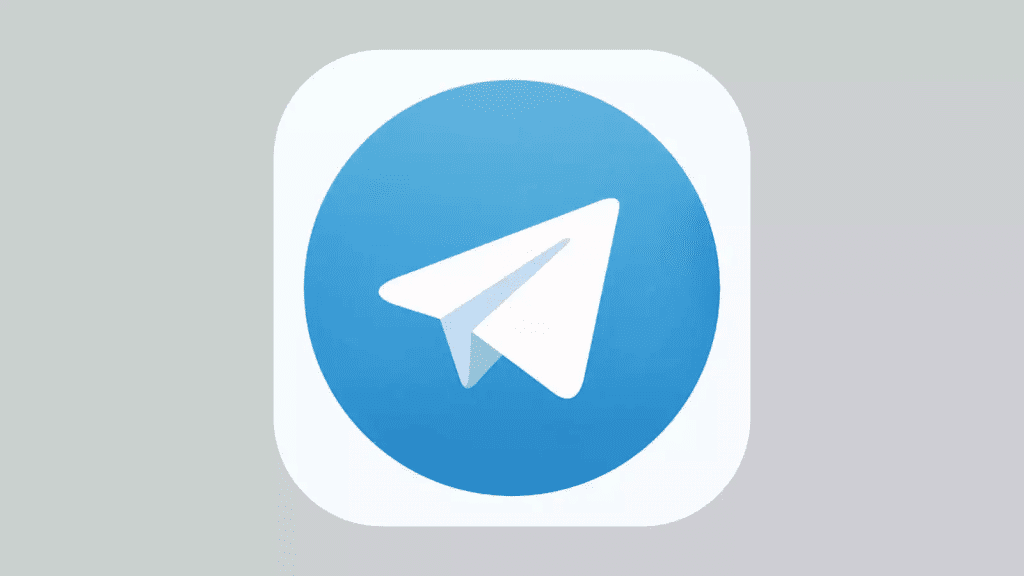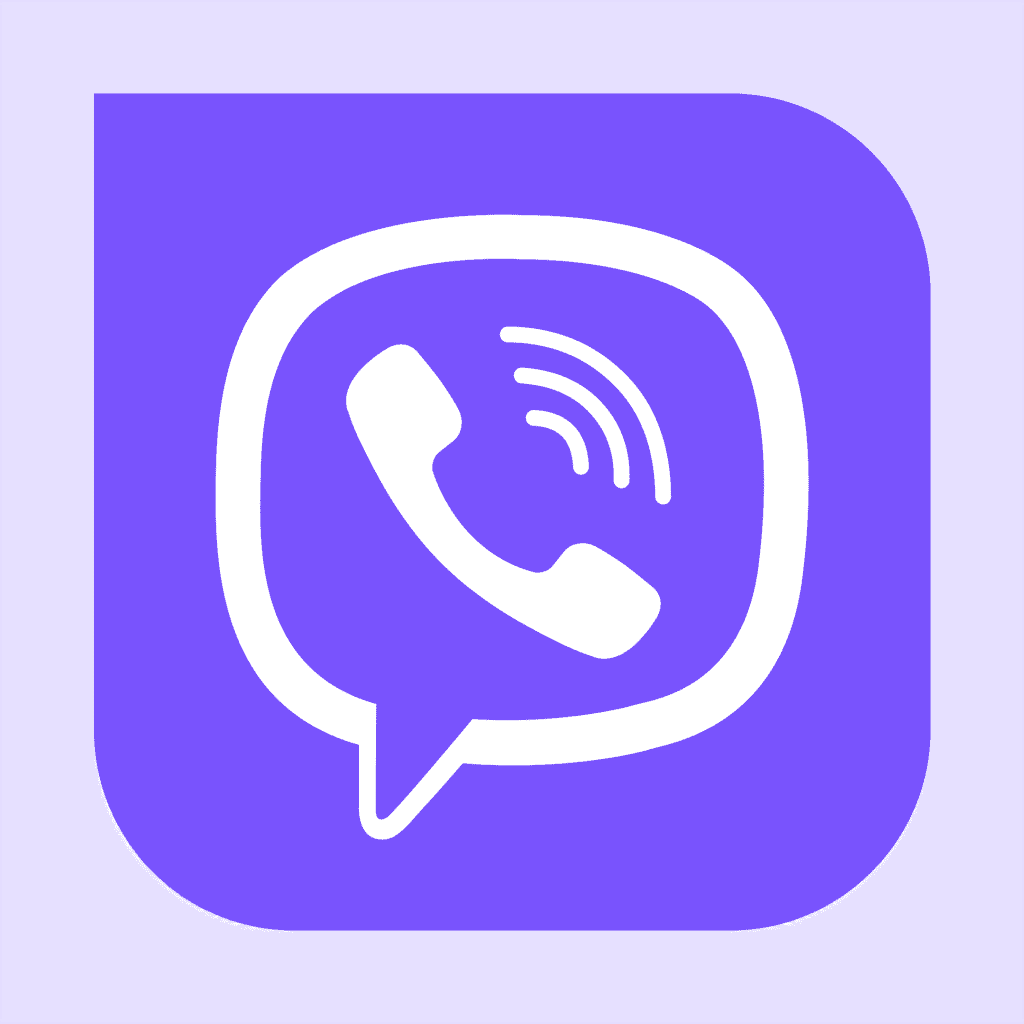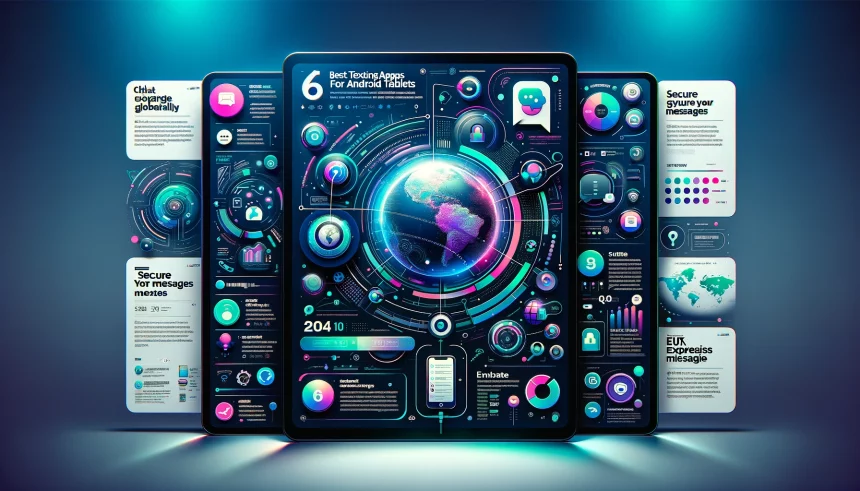In today’s digital age, texting apps have become an integral part of our daily communication, especially for Android tablet users seeking versatility and functionality beyond traditional SMS. With numerous options available in the market, finding the right app can be a daunting task.
See Also: Top 8 Video Calling Apps for iPhone
Hence, we have curated a list of the 6 best texting apps for Android tablets in 2024, highlighting their unique features, pros, cons, and pricing to help you make an informed decision.
Best Texting Apps for Android Tablets
1. Google Messages

Google Messages has evolved significantly, becoming the default messaging app for many Android devices. It offers a clean, intuitive interface and supports RCS (Rich Communication Services), providing features like read receipts, typing indicators, and high-quality media sharing.
Pros:
- Seamless integration with Google services.
- End-to-end encryption for one-on-one RCS conversations.
- Web messaging feature.
Cons:
- Limited customization options.
- RCS features not universally supported across all carriers and devices.
Price: Free
2. WhatsApp

WhatsApp remains a global messaging powerhouse, known for its robust security features, including end-to-end encryption for all forms of communication.
Pros:
- Wide user base, facilitating easy communication with contacts worldwide.
- Supports voice and video calls, document sharing, and group chats.
- Regular updates with new features.
Cons:
- Privacy concerns due to ownership by Facebook.
- Requires a phone number for registration.
Price: Free
3. Signal Private Messenger

Signal Private Messenger emphasizes privacy and security, using state-of-the-art end-to-end encryption for messages, calls, and media shared between users.
Pros:
- Open-source and highly secure.
- Features include self-destructing messages, screen security, and no ads.
- Supports group chats and calls.
Cons:
- Smaller user base compared to WhatsApp.
- Limited animated emojis and stickers.
Price: Free
Download Signal Private Messenger
4. Telegram

Telegram offers a blend of speed, security, and features, making it a popular choice for those looking for an alternative to mainstream messaging apps.
Pros:
- Supports large group chats and channels with unlimited members.
- Offers bots, polls, quizzes, and extensive file-sharing options.
- Cloud-based, offering access to messages from multiple devices.
Cons:
- Encryption not enabled by default.
- Faces scrutiny in some countries for its encryption policies.
Price: Free
5. Viber

Viber is a comprehensive messaging solution that provides free text messaging, voice, and video calls with a focus on security and privacy.
Pros:
- End-to-end encryption across all communications.
- Offers Viber Out feature for calling non-Viber numbers at competitive rates.
- Rich with features like stickers, GIFs, and group chats.
Cons:
- Requires a phone number to sign up.
- Some features are behind a paywall.
Price: Free, with in-app purchases
6. WeChat

WeChat is more than just a messaging app; it’s a social media platform that offers messaging, social media, and mobile payment features rolled into one.
Pros:
- Versatile app with features ranging from messaging to mobile payments.
- Offers mini-programs within the app for various services.
- Large user base, especially in China.
Cons:
- Privacy concerns due to data monitoring and censorship.
- International functionality may be limited compared to its features in China.
Price: Free
Conclusion
Each of these texting apps for Android tablets brings something unique to the table, whether it’s a focus on security, a rich set of features, or integration with broader social media functions. When choosing the right app for your needs, consider what aspects of communication are most important to you: privacy, ease of use, feature set, or perhaps the size of the user base.



